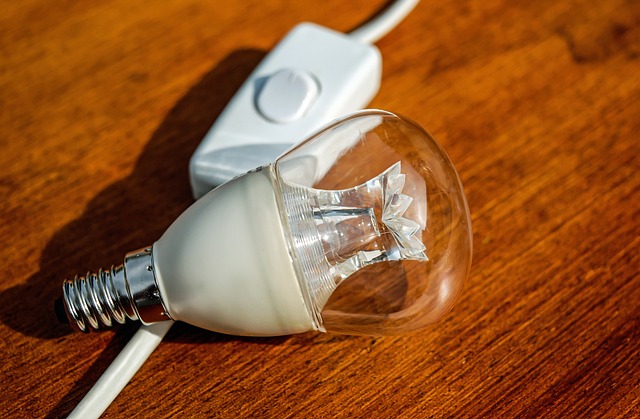Unveiling the Health Benefits of Mindful Breathing
Have you ever stopped to consider the power of your breath? Our first breath signals the beginning of life and our last, its end. But in between, we often forget the vital role breathing plays in our health and wellness journey. This article explores the science behind mindful breathing, a simple yet potent wellness practice that has the potential to transform our health, stress levels, and overall life quality.

An Insight into Mindful Breathing
Mindful breathing, also known as conscious breathing, is an age-old practice that has been a cornerstone of meditative and yogic traditions for thousands of years. The premise is simple: by focusing your attention on your breath, you can cultivate a sense of presence and calm, fostering mental and physical well-being.
This practice has found its way into modern-day wellness therapies, thanks to mounting evidence supporting its health benefits. Mindful breathing is now widely recognized as a powerful tool for stress reduction, improved focus, better sleep, and enhanced emotional health.
The Science Behind Mindful Breathing
Emerging research shows that mindful breathing can have profound physiological effects. For instance, conscious slow and deep breathing can stimulate the vagus nerve, which plays a crucial role in our body’s ‘rest and digest’ response, promoting relaxation and stress reduction.
Additionally, mindful breathing can improve our heart rate variability (HRV), a key indicator of health and resilience. In essence, the more our heart rate varies with each breath, the healthier we are. High HRV is associated with improved cardiovascular health, better stress response, and even increased longevity.
Benefits and Challenges of Mindful Breathing
The benefits of mindful breathing are multifold. It can:
- Improve mental clarity and focus.
- Support emotional health by reducing anxiety and depression symptoms.
- Enhance physical health by promoting relaxation, reducing blood pressure, and improving sleep quality.
- Foster a greater sense of presence and mindfulness in daily life.
However, like any other wellness practice, mindful breathing has its challenges. For some, it may initially be difficult to focus on the breath without becoming sidetracked by thoughts or distractions. Regular practice and patience are key to experiencing the full benefits of this method.
The Research-Backed Power of Breath
Various studies underscore the benefits of mindful breathing. For instance, a 2018 study published in the Journal of Clinical Psychology found that a short, daily mindful breathing intervention could significantly reduce stress and negative affect. Similarly, a 2019 study in Frontiers in Human Neuroscience reported that mindful breathing could improve focus and attention.
Quick Facts and Tips on Mindful Breathing
- Mindful breathing is best practiced in a quiet, comfortable space where you can sit or lie down without distraction.
- Beginners may find it helpful to start with short sessions of 5-10 minutes and gradually increase the duration.
- Apps and guided audio can be beneficial for those new to the practice.
- Consistency is key. Try to make mindful breathing a part of your daily routine.
In conclusion, mindful breathing is a simple yet profoundly effective wellness practice. By consciously focusing on the breath, we can tap into our body’s natural relaxation response, fostering mental clarity, emotional balance, and physical health. Whether you’re seeking stress reduction, improved focus, or better sleep, mindful breathing offers a scientifically-backed path to enhanced well-being.




